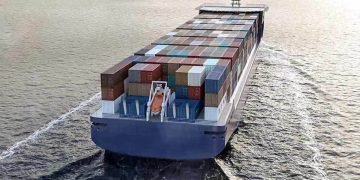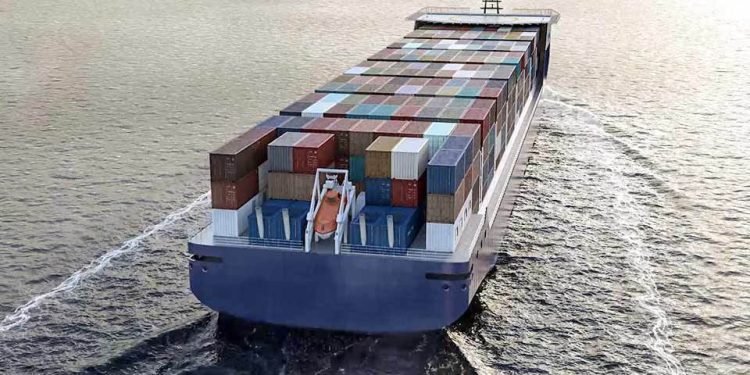By Eva Richardson | The Logistic News
April 14, 2025
In a landmark move for the global maritime sector, the International Maritime Organization (IMO) has formally adopted the world’s first global carbon pricing mechanism for shipping, setting a precedent for international transport regulation. The agreement, approved in early April 2025, is aimed at slashing greenhouse gas emissions across the shipping industry and accelerating the transition toward cleaner fuels and sustainable ocean freight.
The new framework will come into effect in 2028, establishing a structured incentive system for shipowners to reduce emissions or pay a penalty based on their carbon output. Under the scheme, companies that fail to meet reduction targets will contribute to an international fund supporting decarbonization projects across the sector.
A Long-Awaited Mechanism with Global Reach
After years of diplomatic negotiations and pressure from both environmental organizations and small island states vulnerable to sea-level rise, the IMO’s carbon pricing mechanism introduces a uniform levy on CO₂ emissions, applicable to all vessels operating under the organization’s jurisdiction.
Ships will be required to reduce their carbon intensity by 30% by 2035 and 65% by 2040 compared to 2008 levels. Those falling short must purchase carbon correction units, priced initially at $380 per tonne of CO₂ equivalent, contributing to a global fund aimed at supporting the industry’s transition to net-zero emissions by 2050.
According to preliminary IMO projections, the scheme is expected to generate between $11 and $13 billion annually, which will be reinvested into low-emission infrastructure, clean fuel research, and support for emerging markets in maritime trade.
“This is a turning point in maritime history,” said a senior IMO official. “It sends a clear signal to the industry: sustainability is no longer a future option—it’s today’s operating standard.”
Industry Reactions: From Optimism to Concern
While the shipping and logistics community largely welcomed the announcement as a step forward in regulatory certainty, reactions have been mixed. Major shipping companies praised the global framework for its potential to level the playing field, especially in an industry often divided by inconsistent national and regional emissions standards.
However, several Pacific island nations and environmental NGOs criticized the final deal for lacking immediate stringency, noting that the carbon levy may be too modest to drive transformative change before 2030.
“There’s a real risk that the industry will treat this as a compliance exercise, not a true environmental commitment,” said one climate policy analyst. “The effectiveness will depend on how the revenue is used and how strictly the rules are enforced.”
A Decade to Decarbonize
With the shipping industry responsible for nearly 3% of global greenhouse gas emissions, pressure has intensified on regulatory bodies and carriers to move faster. The IMO’s new plan introduces clear timelines and financial consequences, giving the sector a window of five years to adapt.
Efforts are already underway in various segments of the industry. Several leading carriers have launched pilot programs using methanol and ammonia-powered vessels, while others are experimenting with wind-assisted propulsion, electrification in ports, and AI-driven routing systems to cut emissions.
In parallel, global freight customers—particularly in retail, automotive, and tech—are pushing for greater carbon transparency in their supply chains, giving shipping companies a commercial incentive to innovate.
Eva Richardson is a senior correspondent at The Logistic News, covering global maritime regulation, sustainable logistics, and climate policy in international trade.























